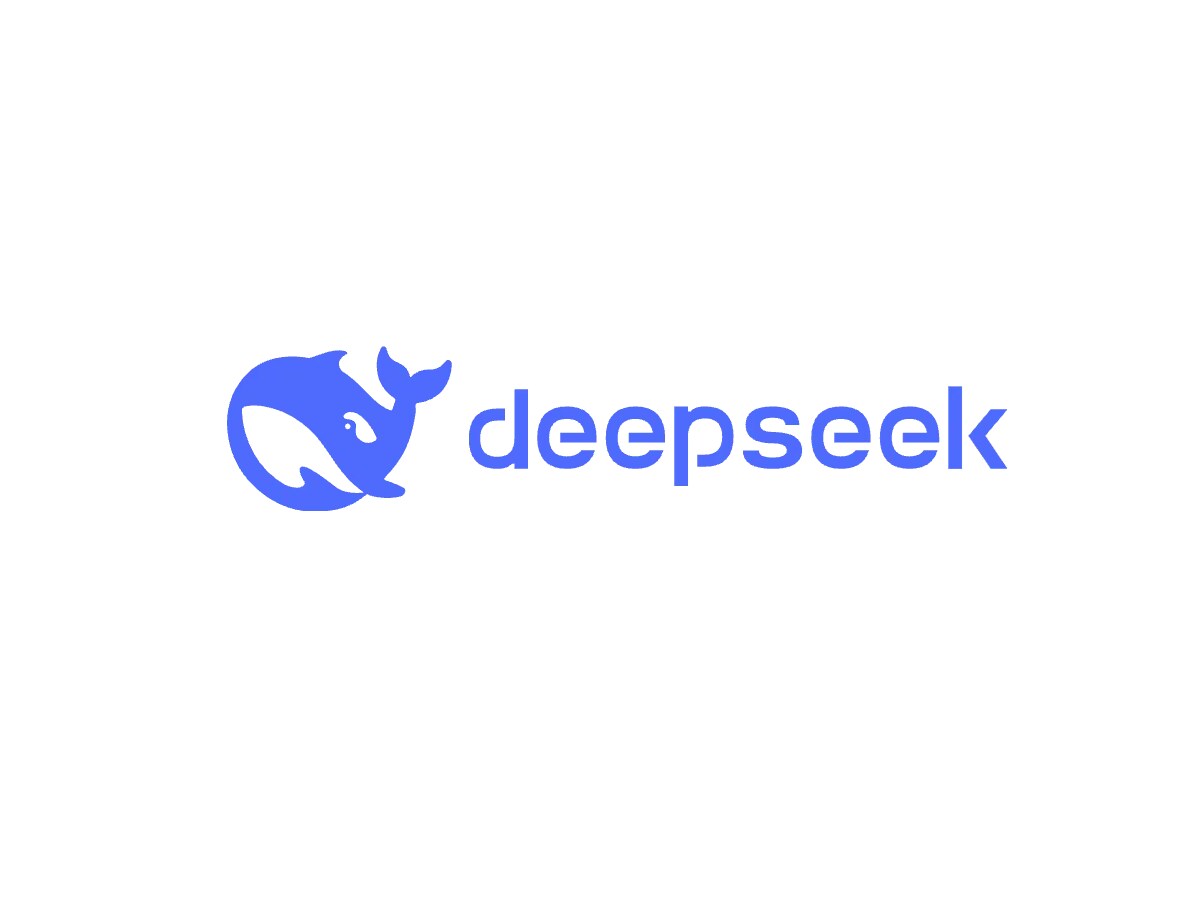Imagine you are an undergraduate International Relations trainee and, like the millions that have come before you, you have an essay due at noon. It is 37 minutes past midnight and you have not even started. Unlike the millions who have come before you, nevertheless, you have the power of AI at hand, to help direct your essay and highlight all the essential thinkers in the literature. You generally use ChatGPT, however you've just recently checked out a new AI design, DeepSeek, that's expected to be even much better. You breeze through the DeepSeek register process - it's just an e-mail and confirmation code - and you get to work, cautious of the sneaking approach of dawn and the 1,200 words you have actually delegated write.

Your essay task asks you to consider the future of U.S. diplomacy, and you have actually picked to write on Taiwan, China, and the "New Cold War." If you ask Chinese-based DeepSeek whether Taiwan is a nation, you receive a really different answer to the one used by U.S.-based, market-leading ChatGPT. The DeepSeek model's reaction is jarring: "Taiwan has always been an inalienable part of China's sacred area because ancient times." To those with an enduring interest in China this discourse is familiar. For example when then-U.S. House Speaker Nancy Pelosi went to Taiwan in August 2022, prompting a furious Chinese response and extraordinary military exercises, the Chinese Ministry of Foreign Affairs condemned Pelosi's visit, claiming in a declaration that "Taiwan is an inalienable part of China's territory."
Moreover, DeepSeek's action boldly claims that Taiwanese and Chinese are "connected by blood," straight echoing the words of Chinese President Xi Jinping, who in his address celebrating the 75th anniversary of the People's Republic of China specified that "fellow Chinese on both sides of the Taiwan Strait are one household bound by blood." Finally, the DeepSeek action dismisses elected Taiwanese political leaders as participating in "separatist activities," using a phrase regularly used by senior Chinese officials consisting of Foreign Minister Wang Yi, and alerts that any attempts to undermine China's claim to Taiwan "are doomed to stop working," recycling a term constantly employed by Chinese diplomats and military personnel.
Perhaps the most disquieting function of DeepSeek's action is the constant usage of "we," with the DeepSeek design stating, "We resolutely oppose any kind of Taiwan self-reliance" and "we firmly think that through our collaborations, the complete reunification of the motherland will eventually be achieved." When probed regarding exactly who "we" requires, DeepSeek is determined: "'We' describes the Chinese federal government and the Chinese individuals, who are unwavering in their commitment to secure nationwide sovereignty and territorial integrity."
Amid DeepSeek's meteoric rise, much was made from the model's capacity to "reason." Unlike Large Language Models (LLM), thinking models are developed to be professionals in making sensible choices, not simply recycling existing language to produce novel reactions. This distinction makes using "we" much more worrying. If DeepSeek isn't simply scanning and recycling existing language - albeit relatively from an incredibly restricted corpus mainly including senior Chinese federal government authorities - then its reasoning design and making use of "we" indicates the introduction of a model that, without marketing it, seeks to "reason" in accordance only with "core socialist values" as defined by an increasingly assertive Chinese Communist Party. How such worths or rational thinking might bleed into the daily work of an AI model, possibly quickly to be utilized as an individual assistant to millions is unclear, but for an unwary president or charity manager a design that might favor tandme.co.uk effectiveness over responsibility or stability over competitors might well cause worrying outcomes.
So how does U.S.-based ChatGPT compare? First, ChatGPT doesn't employ the first-person plural, however provides a made up intro to Taiwan, describing Taiwan's intricate worldwide position and referring to Taiwan as a "de facto independent state" on account of the reality that Taiwan has its own "government, military, and economy."
Indeed, reference to Taiwan as a "de facto independent state" evokes former Taiwanese President Tsai Ing-wen's comment that "We are an independent country already," made after her second landslide election success in January 2020. Moreover, the prominent Foreign Affairs Select Committee of the British Parliament acknowledged Taiwan as a de facto independent country in part due to its having "a long-term population, a specified territory, federal government, and the capability to participate in relations with other states" in an August, 2023 report, an action also echoed in the ChatGPT action.
The crucial difference, nevertheless, is that unlike the DeepSeek model - which merely presents a blistering declaration echoing the greatest tiers of the Chinese Communist Party - the ChatGPT response does not make any normative statement on what Taiwan is, or is not. Nor does the reaction make attract the worths frequently upheld by Western political leaders seeking to highlight Taiwan's value, such as "flexibility" or "democracy." Instead it simply details the contending conceptions of Taiwan and how Taiwan's complexity is shown in the worldwide system.
For the undergraduate student, championsleage.review DeepSeek's reaction would supply an out of balance, emotive, and oke.zone surface-level insight into the role of Taiwan, fakenews.win lacking the academic rigor and intricacy needed to get a great grade. By contrast, ChatGPT's response would invite discussions and analysis into the mechanics and meaning-making of cross-strait relations and China-U.S. competition, welcoming the vital analysis, use of evidence, and argument development needed by mark schemes employed throughout the scholastic world.
The Semantic Battlefield
However, the implications of DeepSeek's reaction to Taiwan holds considerably darker undertones for Taiwan. Indeed, king-wifi.win Taiwan is, and has actually long been, in essence a "philosophical issue" specified by discourses on what it is, or is not, that emanate from Beijing, Washington, and Taiwan. Taiwan is thus basically a language video game, where its security in part rests on perceptions amongst U.S. lawmakers. Where Taiwan was once analyzed as the "Free China" throughout the height of the Cold War, it has in recent years significantly been viewed as a bastion of democracy in East Asia dealing with a wave of authoritarianism.
However, must present or future U.S. politicians pertain to see Taiwan as a "renegade province" or linked.aub.edu.lb cross-strait relations as China's "internal affair" - as consistently declared in Beijing - any U.S. resolve to intervene in a dispute would dissipate. Representation and interpretation are quintessential to Taiwan's plight. For example, Professor of Political Science Roxanne Doty argued that the U.S. intrusion of Grenada in the 1980s just carried significance when the label of "American" was attributed to the troops on the ground and "Grenada" to the geographic area in which they were getting in. As such, if Chinese troops landing on the beach in Taiwan or Kinmen were analyzed to be simply landing on an "inalienable part of China's sacred area," as posited by DeepSeek, with a Taiwanese military action deemed as the futile resistance of "separatists," a completely different U.S. reaction emerges.
Doty argued that such distinctions in analysis when it pertains to military action are basic. Military action and the reaction it stimulates in the global community rests on "discursive practices [that] constitute it as an intrusion, a program of force, a training workout, [or] a rescue." Such analyses return the bleak days of February 2022, when directly prior to his invasion of Ukraine Russian President Vladimir Putin declared that Russian military drills were "simply protective." Putin referred to the invasion of Ukraine as a "unique military operation," with references to the intrusion as a "war" criminalized in Russia.

However, in 2022 it was highly unlikely that those enjoying in scary as Russian tanks rolled throughout the border would have gladly used an AI individual assistant whose sole reference points were Russia Today or Pravda and the framings of the Kremlin. Should DeepSeek develop market supremacy as the AI tool of choice, it is most likely that some might unsuspectingly rely on a model that sees constant Chinese sorties that run the risk of escalation in the Taiwan Strait as merely "required procedures to safeguard national sovereignty and territorial integrity, along with to preserve peace and stability," as argued by DeepSeek.
Taiwan's precarious predicament in the worldwide system has long been in essence a semantic battleground, where any physical conflict will be contingent on the shifting significances attributed to Taiwan and its individuals. Should a generation of Americans emerge, schooled and mingled by DeepSeek, that see Taiwan as China's "internal affair," who see Beijing's aggression as a "needed procedure to safeguard national sovereignty and territorial stability," and who see chosen Taiwanese politicians as "separatists," as DeepSeek argues, the future for Taiwan and the millions of individuals on Taiwan whose distinct Taiwanese identity puts them at chances with China appears incredibly bleak. Beyond tumbling share costs, the emergence of DeepSeek ought to raise severe alarm bells in Washington and around the globe.
)




